Inmates claim Las Vegas prison is rife with inhumane conditions
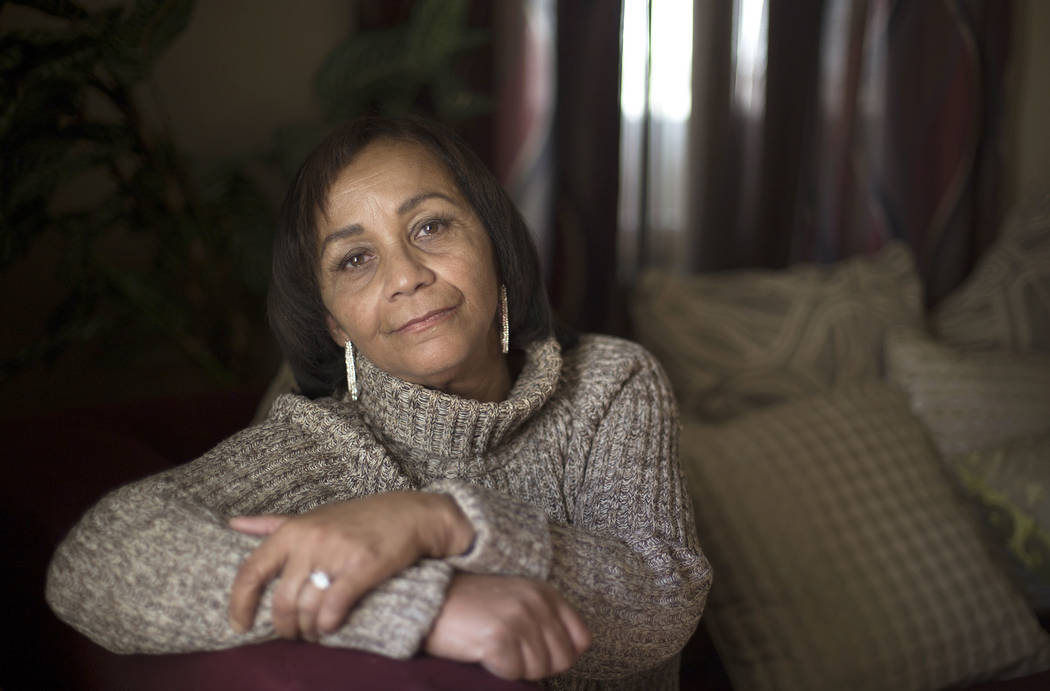

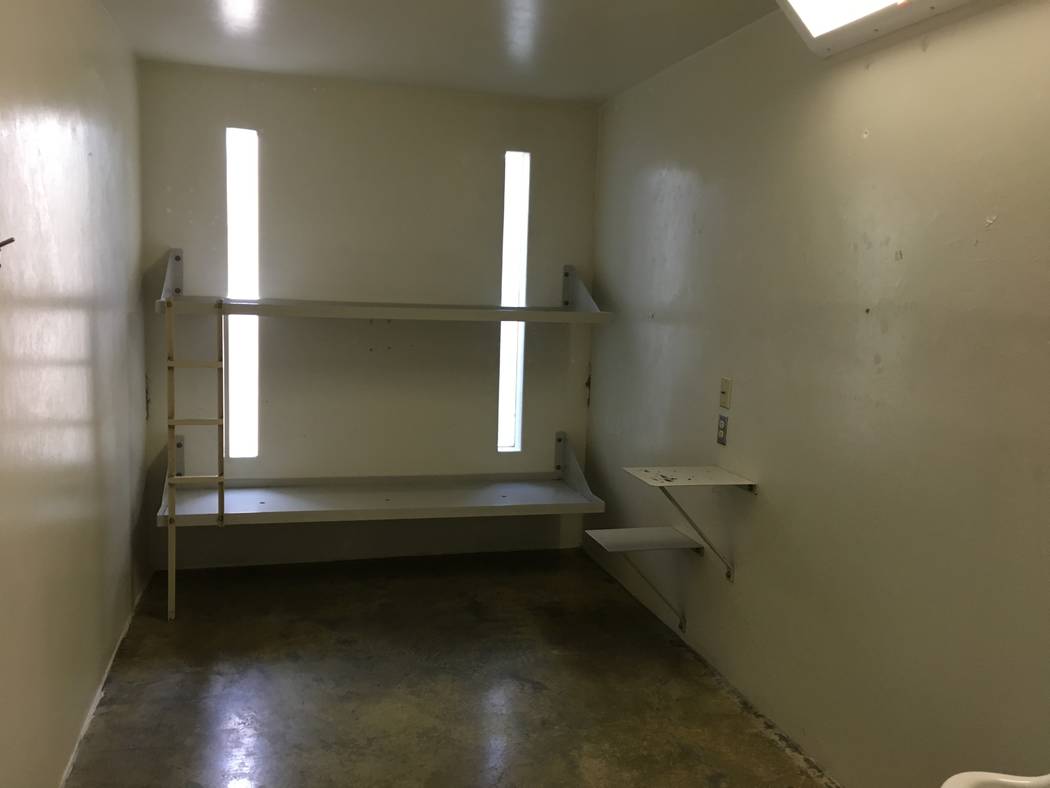
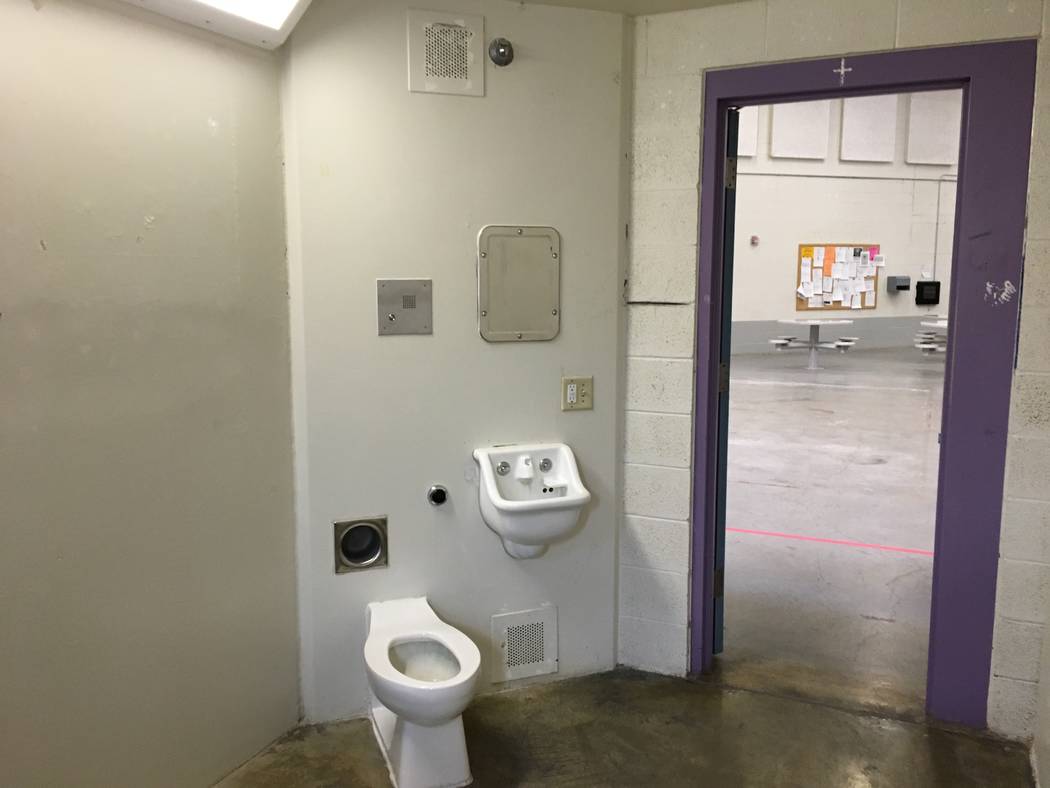
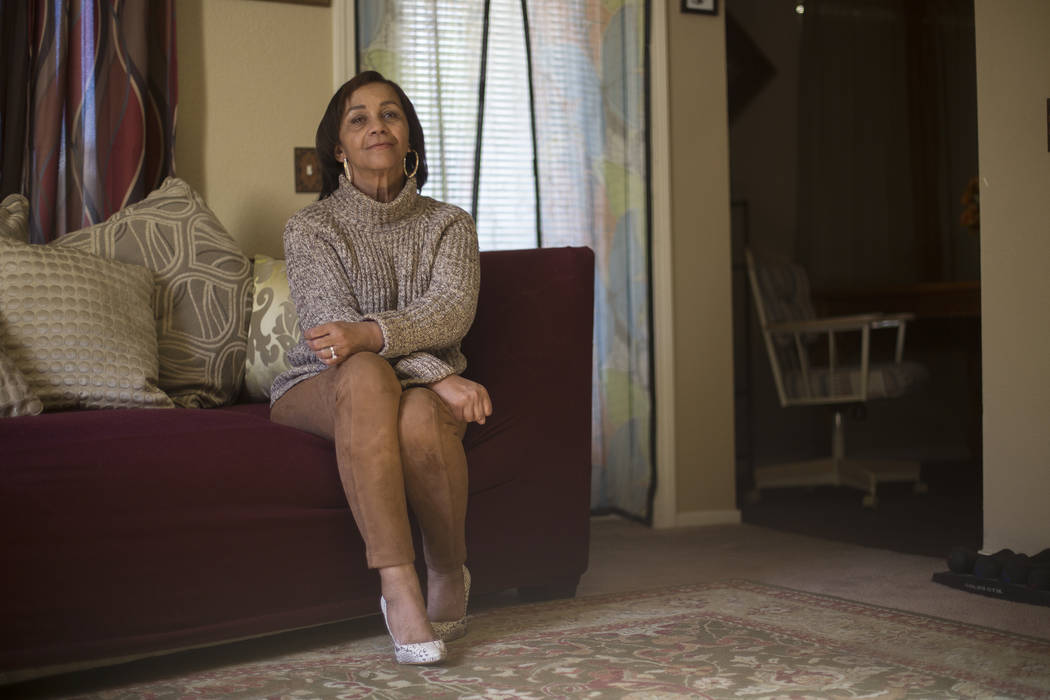
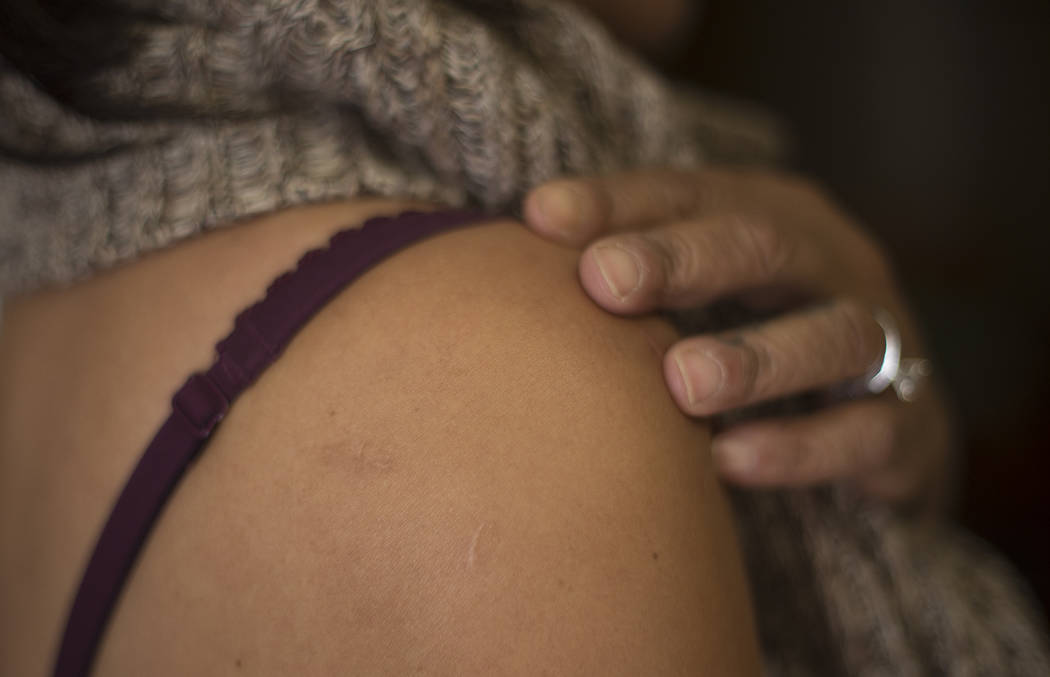
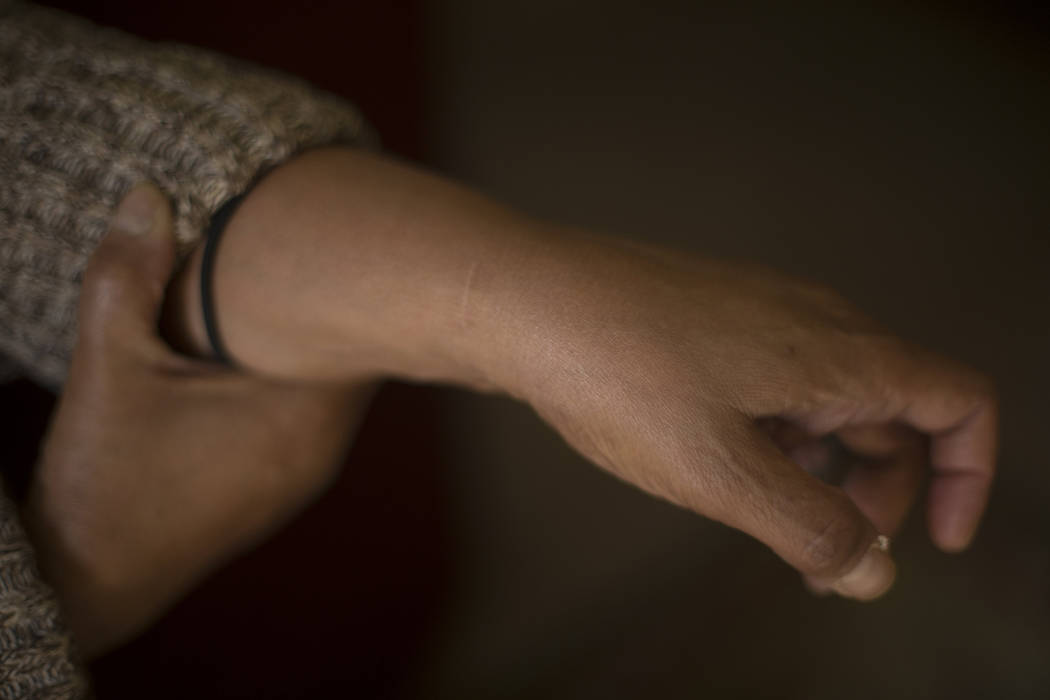
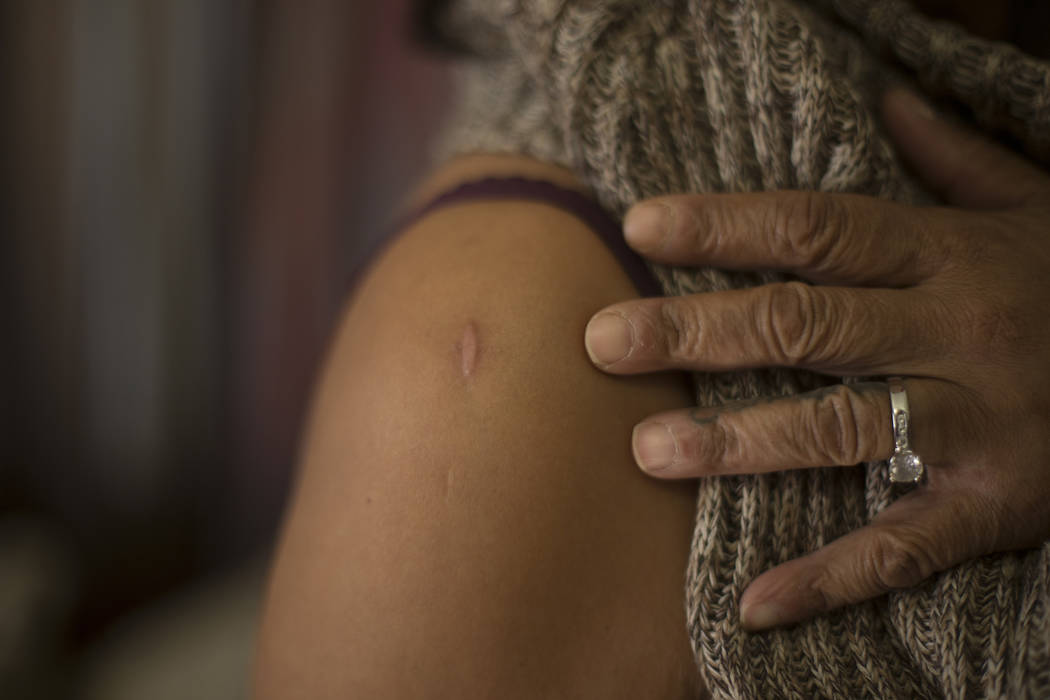
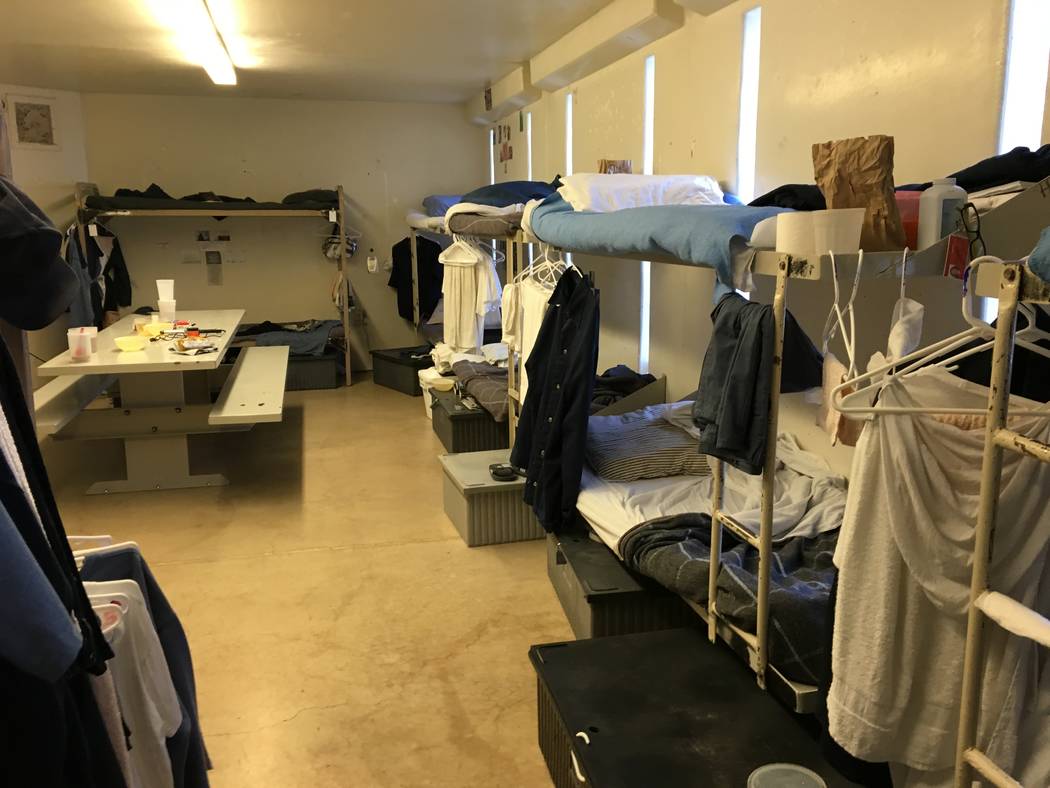
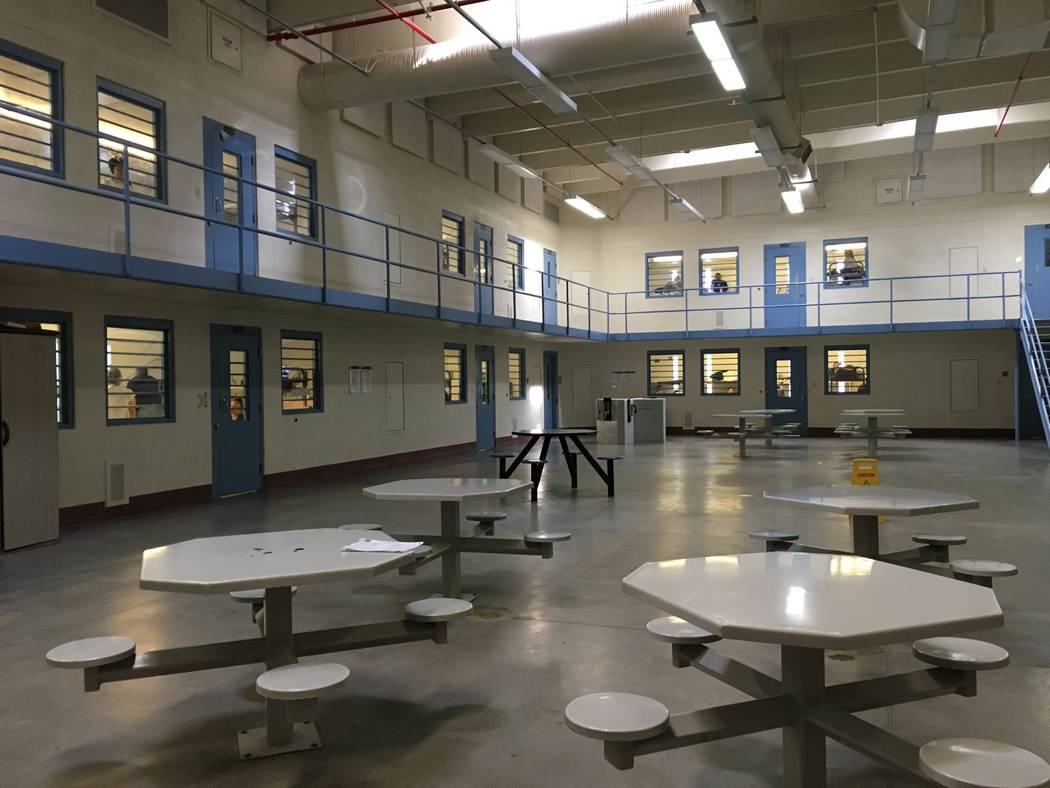
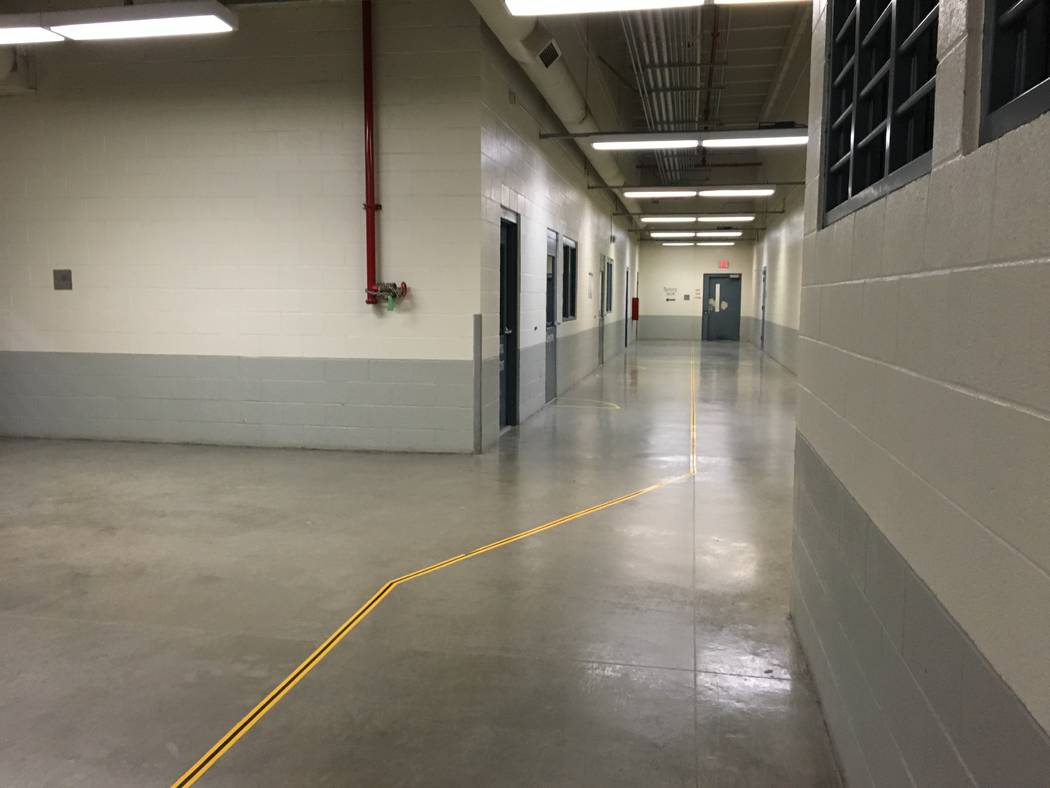
Behind the barbed wire and concrete walls, Margaret Rudin claims systemic abuse at the hands of prison guards and medical staff, including a botched eye surgery that seriously impaired her vision.
And ex-inmate Merry West says that she was denied proper medical care when she fractured a bone while cleaning the showers and that women inmates aren’t routinely tested or treated for hepatitis C.
Aging behind bars hasn’t been easy for Rudin. Her light blond hair has turned gray and her skin wrinkled since she drew national attention in the 1990s as the so-called “black widow,” convicted of murdering her millionaire husband, a charge she denies. The 75-year-old has been locked up at Florence McClure Women’s Correctional Center for the past 17 years.
But Rudin, who is eligible for parole next year, filed a federal lawsuit against the state and its top officials claiming abuse, misconduct and sexism because male prisoners have access to programs for aging inmates that women don’t.
Her lawsuit is ongoing.
In a recent jailhouse interview, Rudin told the Review-Journal that she was placed in “segregation” for four months, getting out only one hour a day, as punishment for a fire sprinkler going off in her cell. Rudin, who detailed the incident in legal documents, said she was blamed for setting it off.
“The fire sprinkler malfunctioned, set off a tsunami of water,” Rudin wrote in her complaint. “No officer came for 15 minutes to unlock my cell door. Black gritty water ruined everything I owned and legal papers.”
Prison officials deny putting Rudin in segregation as punishment. Records examined by the Review-Journal show that she was given a verbal reprimand and ordered to pay restitution to fix the sprinkler.
A tour of the prison led by Warden Dwight Neven revealed long, windowless hallways, cold, gray-colored floors and shiny steel bunk beds with thin mattresses. The jail cells used for segregation are filled with stifled air, bright fluorescent lights and an echoing silence.
The average time in segregation is 60 to 90 days, Neven said. Prisoners are put there for administrative reasons, such as protection, or disciplinary.
Rudin was convicted of the 1994 murder of her fifth husband, real estate magnate Ron Rudin, who left an estate worth $11 million. Her trial drew television coverage, and Rudin became the subject of true-crime TV shows and books.
Wearing a blue prison uniform neatly tucked into jean pants, Rudin said she received cataract surgery last year on one eye that left her with double vision, floaters, massive headaches and vertigo. It took 15 months for the prison to schedule another procedure to correct the issue, Rudin said, and she’s still awaiting cataract surgery for her other eye.
ACLU of Nevada policy director Holly Welborn called the situation “absolutely appalling.”
“From a human rights perspective, there isn’t any reason why Ms. Rudin shouldn’t have her cataract issue addressed,” Welborn said. “And we’re very concerned they placed her in segregation when there are alternative practices.”
Neven said Rudin complicates things by filing lawsuits. He declined to discuss her eye surgery.
“Involving attorneys muddies the water,” Neven said. “Now the person involved in the treatment’s time is taken away to respond to the litigation.”
Nevada Department of Corrections Director James Dzurenda said his department is “doing the best we can with what we have.”
“I make sure that the care that’s provided in a correctional facility is standard care,” Dzurenda said. “It’s the same care that they would receive out in the community.”
West, who served 10 years at Florence McClure on forgery charges, is suing for deliberate medical indifference after she injured herself while scrubbing the showers. West, who said her bones are fragile from a thyroid disease, said she fractured her shoulder and left wrist while lifting a bucket of water.
West says the prison sent her to the infirmary for a week while awaiting X-ray results. She got a sling and a Tylenol. It wasn’t until a year later that she got surgery on her shoulder. Today she has trouble lifting her arm or carrying a purse.
“It was deliberate medical indifference,” said West. “My arm was black. They knew my arm was broken and they did nothing.”
West also said women are denied testing and care for treatable diseases, including hepatitis C. West was released on parole in June 2016
“They’re dying, and who do you tell? No one cares,” said West, 59. “They’re killing ladies in Nevada and it’s legal. And society doesn’t have a clue.”
Neven acknowledged that the prison does not regularly test for the disease. Florence McClure is not accredited by the National Commission on Correctional Health Care, a private association that provides external peer review of health standards.
“We do periodic testing and a lot of girls are improving without treatment,” he said. Neven joked that “the worst thing we did was getting TVs” because now the inmates want every drug they see in television commercials.
A troubling epidemic
Nevada’s prison population continues to rise, despite a decline nationwide, especially among women. An analysis released in September by the Crime and Justice Institute found the state’s female imprisonment rate is 43 percent higher than the national average.
“We’ve decided to invest in incarcerations rather than alternative programs or overhauling our sentencing scheme that leads to a rate of incarceration that is higher than the national average,” said Welborn of the ACLU.
Dzurenda said he supports ACLU’s efforts related to sentencing reform.
“Some people are better off in the community than coming into prison for treatment,” Dzurenda said.
The state’s overall prison population grew 7 percent in the last decade, the analysis showed.
Meanwhile, a 2017 Pew Charitable Trusts study ranked Nevada’s spending on inmate health care and the number of medical staff the fourth lowest out of 43 states surveyed. West said the prison dentist pulls teeth — instead of fixing them — and it could take months to see a mental health professional.
The facility has one dentist and four psychologists to serve 1,000-plus inmates. Dzurenda said the prison meets industry standards.
Rape in prison?
West claims that guards sneak in drugs in exchange for sex or other favors and that some inmates have gotten pregnant.
Neven said he knows of one pregnancy inside the prison, but it happened before the state took it over in 2004. Under the Prison Rape Elimination Act, Florence McClure is regularly audited to ensure it meets standards to prevent and report rape.
The prison met all standards when it was audited in May.
Both Rudin and West have filed grievances related to prison conditions, according to their attorney, Travis Barrick, but he said they were ignored. The state has not yet provided a copy of grievances requested under a public records request.
“The NDOC takes all complaints very seriously,” Dzurenda said. “Most are reviewed and responded to satisfactorily at the first level.”
The Nevada Department of Corrections is governed by a three-person Board of State Prison Commissioners, which is made up of Gov. Brian Sandoval, Attorney General Adam Laxalt and Secretary of State Barbara Cegavske.
Sandoval and Cegavske declined comment, and Laxalt’s office said the complaints have not come before the board. The attorney general’s office has worked to defend against the lawsuits but said it cannot comment in that capacity because of the litigation.
Contact Ramona Giwargis at rgiwargis@reviewjournal.com or 702-380-4538. Follow @RamonaGiwargis on Twitter.













